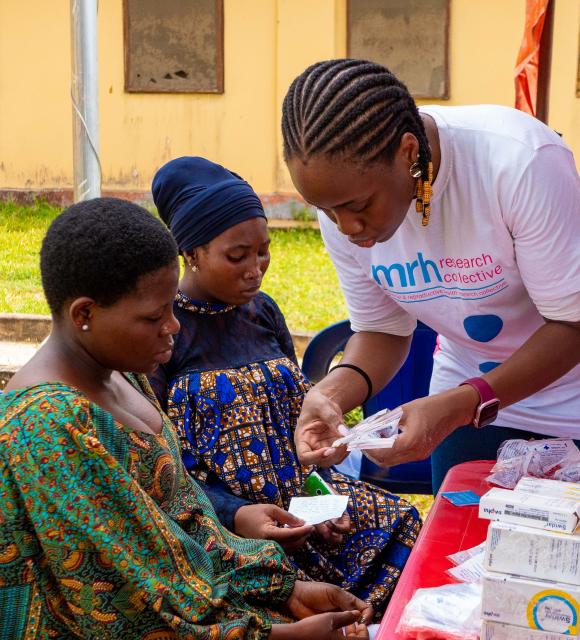
MRH Research Collective leads transformative research, programs, and advocacy
that strengthen national health systems so that women and girls have access to quality maternal and reproductive healthcare.
At the heart of our mission is evidence-based action. We conduct in-depth research to understand the root causes of maternal mortality in Nigeria and across Africa—from barriers to healthcare access to delays in emergency response. Our research shapes interventions, informs national dialogue, and sparks innovations in maternal health systems.
Our research areas include:
Our direct interventions adopt community-based programming that identifies and supports the most vulnerable women. We engage trained community health workers (CHWs) to link pregnant women to care, organize community outreaches to improve maternal health literacy, and strengthen the health system to deliver respectful, high-quality care. We also invest in capacity building for frontline health workers and improve health data systems to drive better decision-making.
Program components include:
We believe lasting impact requires system-wide change. Through partnerships with government, media, and civil society, we advocate for stronger maternal health policies and increased accountability. From grassroots dialogues to national-level stakeholder engagement, our advocacy raises awareness, shifts behavior, and influences decision-makers to prioritize women’s health.
Our advocacy includes:
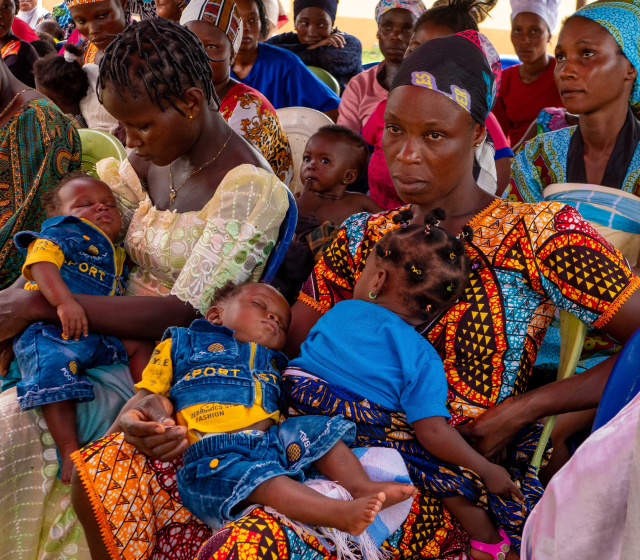
At MRH Collective, we work to reduce maternal mortality and improve reproductive health outcomes by addressing the root causes of preventable deaths and system failures. We operate through three core pillars—Research, Programs, and Advocacy—ensuring that our work is grounded in evidence, implemented through community-driven solutions, and sustained through policy change.
At the heart of our mission is evidence-based action. We conduct in-depth research to understand the root causes of maternal mortality in Nigeria and across Africa—from barriers to healthcare access to delays in emergency response. Our research shapes interventions, informs national dialogue, and sparks innovations in maternal health systems.
Our research areas include:
Our direct interventions adopt community-based programming that identifies and supports the most vulnerable women. We engage trained community health workers (CHWs) to link pregnant women to care, organize community outreaches to improve maternal health literacy, and strengthen the health system to deliver respectful, high-quality care. We also invest in capacity building for frontline health workers and improve health data systems to drive better decision-making.
Program components include:
We believe lasting impact requires system-wide change. Through partnerships with government, media, and civil society, we advocate for stronger maternal health policies and increased accountability. From grassroots dialogues to national-level stakeholder engagement, our advocacy raises awareness, shifts behavior, and influences decision-makers to prioritize women’s health.
Our advocacy includes:
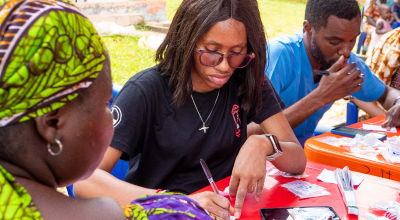
We achieve impact by combining evidence, community action, and policy influence into a unified strategy that delivers real change for women. Our strategy operates across three core levels:
We start with research—deep, participatory, and actionable. By mapping systems and listening to women and frontline workers, we uncover what works, what doesn’t, and where interventions can have the greatest impact.
We use this evidence to design community-based programs that target the most vulnerable populations, strengthen local health systems, and build provider capacity to deliver dignified, high-quality maternal and reproductive healthcare.
We amplify what we learn on the ground to advocate for national-level transformation. We work hand-in-hand with government agencies, development partners, and community leaders to shape responsive policies, unlock resources, and institutionalize quality maternal care across Nigeria.

We design training and supervision programs drawn on best practices in clinical education, community feedback to improve the knowledge and skills of clinical and other primary healthcare workers to enable greater performance.

We collect high quality data from the health system and women to monitor and evaluate our work, build the local evidence base on what works, advocate for best practices emerging from our experience and policies.

We work with the government and agencies managing the public and private health system to build and sustain high quality health systems that are responsive to the needs of women in their community.

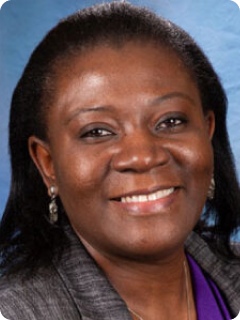
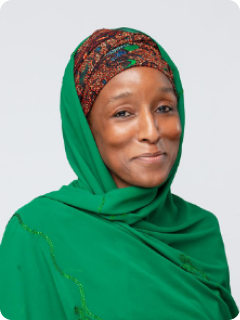
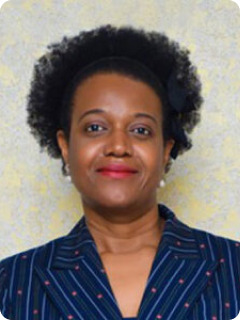
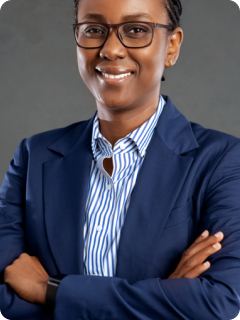
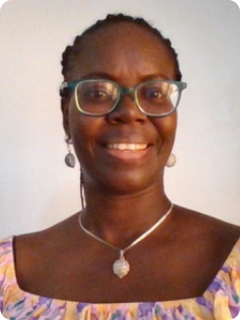
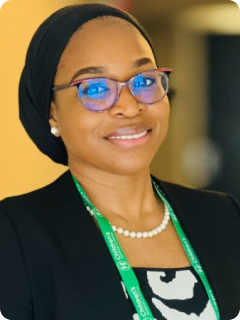




Together, we can reduce maternal mortality by 5% within the coming year. Through research, advocacy and direct intervention programmes, we work with our partners to provide comprehensive solutions for Nigerian women. |